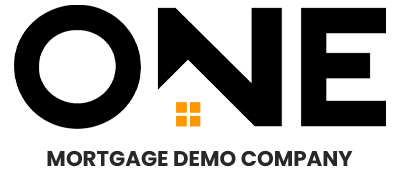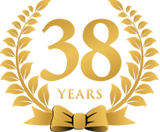Frequently Asked Questions
 Suspendisse in lectus sed neque dictum.
Suspendisse in lectus sed neque dictum.
Lorem ipsum dolor sit amet, consectetur adipiscing elit. Nullam maximus erat nec elit efficitur interdum.Phasellus pretium, metus id cursus aliquet, nisl dolor porttitor justo, eleifend cursus massa ipsum scelerisque lacus. Proin placerat ex at pharetra porttitor. Vestibulum venenatis risus leo, eleifend mattis ligula tristique ut.
With a fixed-rate mortgage, the interest rate stays the same throughout the life of the loan. With an adjustable-rate mortgage (ARM), the interest rate changes periodically, typically in relation to an index. While the monthly payments that you make with a fixed-rate mortgage are relatively stable, payments on an ARM loan are likely to change. There are advantages and disadvantages to each type of mortgage, and the best way to select a loan product is by talking to us.
There is no simple formula to determine the type of mortgage that is best for you. This choice depends on a number of factors, including your current financial picture and how long you intend to keep your house. Jersey Mortgage Company can help you evaluate your choices and assist you in making the most appropriate decision.
For most homeowners, a monthly mortgage payment consists of three parts:
- Principal: Repayment on the amount borrowed
- Interest: Payment to the lender for the amount borrowed
- Taxes & Insurance: Monthly payments are normally made into a special escrow account for items like hazard insurance and property taxes. This feature is sometimes optional, in which case the fees will be paid by you directly to the County Tax Assessor and property insurance company.
The amount of cash that is necessary depends on a number of items. Generally speaking, you will need to supply:
- Earnest Money: The deposit that is supplied when you make an offer on the house
- Down Payment: A percentage of the cost of the home that is due at settlement
- Closing Costs: Costs associated with processing paperwork to purchase or refinance a house
- DON’T APPLY FOR NEW CREDIT OF ANY KIND
If you apply for a credit card, your credit report will be pulled, and this will have an adverse effect on your credit score. Co-signing a loan will also lower your credit score.
- DON’T PAY OFF COLLECTIONS OR CHARGE-OFFS
Don’t pay off collections unless it is required by the lender to secure the loan.
- DON’T CLOSE CREDIT CARD ACCOUNTS
If you close a credit card account, it can affect your ratio of debt to available credit. This ratio can hurt your credit score. Ask us for guidance and get more details about this issue.
- DON’T MAX OUT OR OVERCHARGE CREDIT CARDS
Overcharging your credit cards can have a negative impact on your credit score. Once you are engaged in the loan process, try to keep your credit cards well below the available limit.
- DON’T CONSOLIDATE DEBT TO ONE OR TWO CARDS
Changing your ratio of debt to available credit will complicate your loan process.
- DON’T RAISE RED FLAGS TO THE UNDERWRITER
When applying for a loan, drastic measures such as changing your name, address, or occupation are discouraged. These are important underwriting considerations.
- DON’T FALL BEHIND ON EXISTING ACCOUNTS
One 30-day late payment on any existing loan can negatively impact your credit score.
 What our customers say about our service.
What our customers say about our service.
Honoring your trust by putting you first with affordable mortgages and award-winning service for over 38 years.





